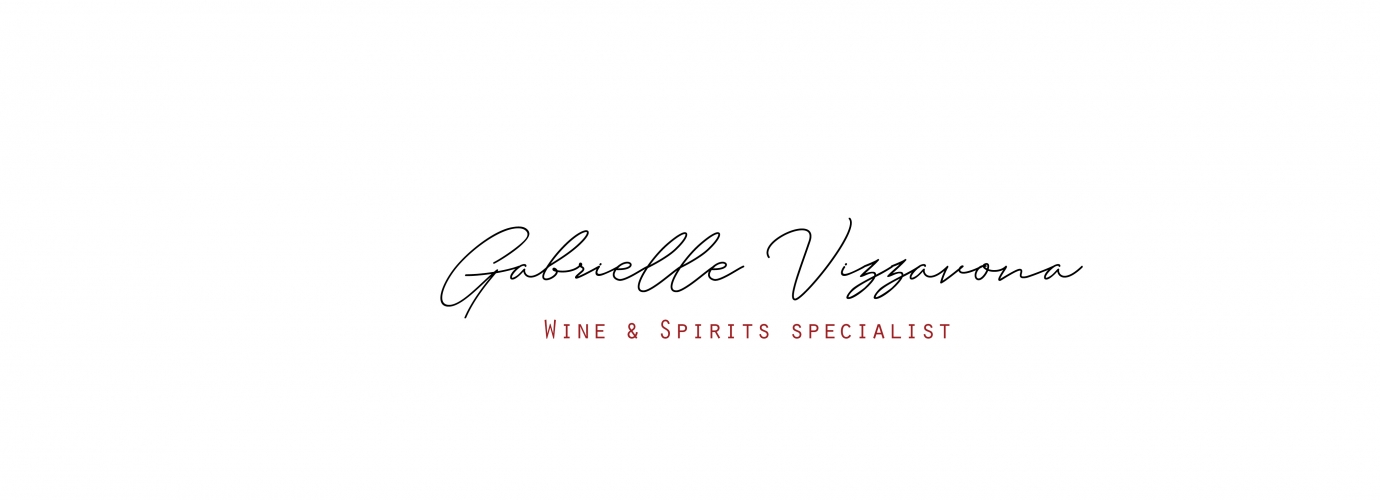Jean-Emmanuel Simond: “Foreign wines are not a passing phase, they’re here to stay”
What kind of business is your company Œnotropie involved in?
I started Œnotropie in 2005. Before that, I worked for three years with a New York importer, Joe Dressner, who was one of the first to import wines from small producers and pioneered the natural wine movement. I discovered foreign wines in the United States. When I returned to France, I looked for some of the wines again, but the market for Italian wines was quite limited at the time, with entry-level wines sold by Italian ex-pats to neighbourhood pizzerias. In France, you couldn’t find all the good Italian wines I had tasted. I started with one estate, and I now work with about forty winegrowers, nearly 90% of them Italian, supplemented by a small range of wines from Spain, Greece, Austria, Germany and Argentina. Every year, I organise a trade tasting because there is still a patent lack of awareness of Italian wines, which makes it even more important to get people to taste them.
How do you select your wines?
I select them personally from across the entire country. They cater to all tastes and run the gamut in terms of style, from Chianti at 6 euros to fine wines like Barolo or Brunello, including quite a few winegrowers who farm organically or biodynamically.
How has the market for Italian wines changed over the past few years?
I've seen the market grow strongly in the restaurant industry, through Italian restaurants - which have come along in leaps and bounds for both their choice of food and their wine lists - but also French restaurants, in Paris and throughout France, where the wines are increasingly gaining traction. This has opened up the market and the number of companies distributing Italian wines has risen sharply, creating healthy competition and expanding the market for everyone.
How are you managing the crisis caused by Covid-19, and what opportunities do you see in it?
There is no denying that we have to reinvent ourselves. You realise that it is too risky to have just one type of client. My customer base is mostly the trade. The restaurant industry accounts for 70% of my business, followed by wine merchants (20%) and a few other companies. I was over-reliant on restaurants and not involved enough with wine merchants or e-commerce outlets. I would like to work more regularly with the large e-tailers in the future, which can generate sales volumes that the hospitality industry cannot. One of my import listings, a biodynamic Tuscan wine by Tenuta de Valgiano, will be marketed on the ‘vente à la propriété’ website over the next few days. The surge in the off-trade, deliveries and more inquisitive consumers create opportunities. None of this has been hamstrung.
Foreign wines have ramped up their presence in the French market over the last few years. Do you think this will continue after the crisis?
What I find frustrating, when you look at consumption of foreign wines in France, is that people only look at the figures for super/hypermarkets, which are far below actual figures. In my opinion, there is no doubt that fine foreign wines have a future here. This is not a passing phase, they are here to stay, for several reasons. One of the first things I’ve noticed is that more and more high-end or Michelin-starred restaurants are serving foreign wines. Most members of the trade have worked abroad or travelled, been introduced to the wines and want their customers to be able to try them. Also, some of the top French wines have reached astronomical prices, opening up a gap in the market for many fine foreign wines, starting with those from Italy at much more reasonable prices. The French have positive preconceptions about the wines, which are gaining in familiarity and food pairing possibilities. I get a lot of enquiries from private customers after they have holidayed in Italy.
What is your USP?
Many people consider us as merely middlemen who ship the wines as and when they are needed. But that is not true. An importer's job is also to store wines. I always have 40,000 to 50,000 bottles in stock, and although this implies a significant financial burden, it also protects me against unforeseen events. Every year I take allocations on highly sought-after wines and having them to hand even when the borders are blocked, is most definitely a plus point!
How are things going to play out when restaurants reopen?
Revenue will return slowly, but I think people will enjoy going back to restaurants quickly and will be prepared to treat themselves. Those with disposable income will want to support venues by ordering a great wine.
